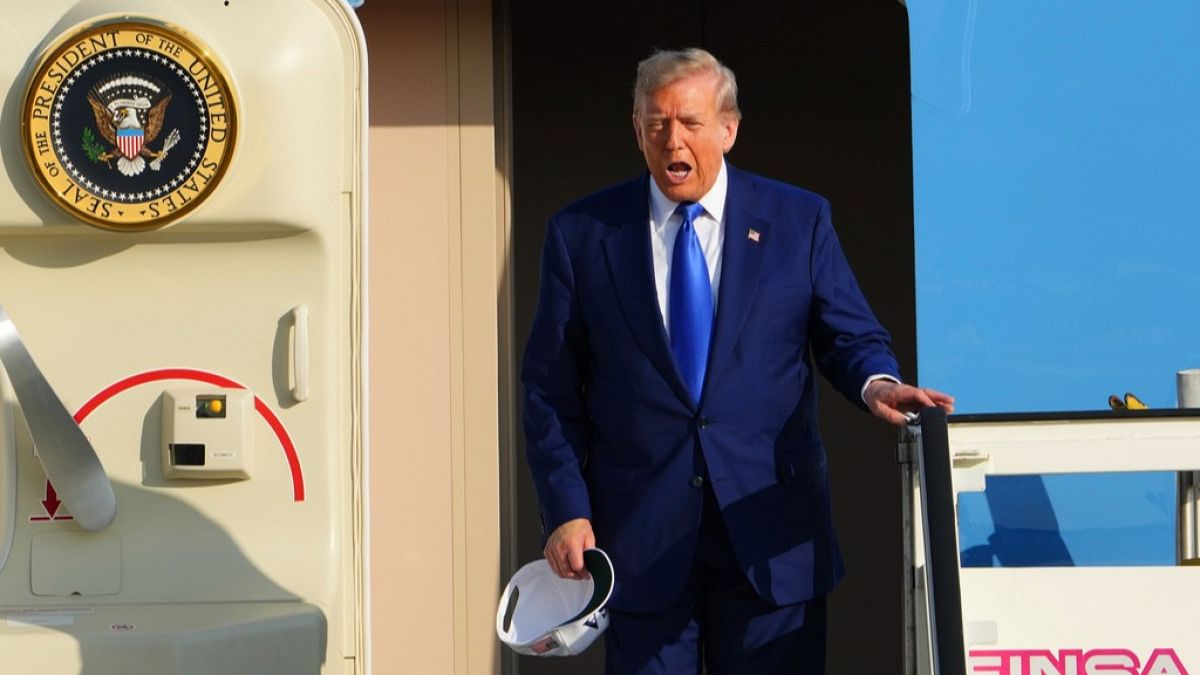

The global security landscape is currently experiencing delicate shifts as nations adapt to evolving commitments, alliances, and conflicts. As the international community navigates these changes, a sense of cautious optimism prevails among world leaders, who seek peaceful resolutions and collaborations to maintain global stability.
Among notable developments, President Donald Trump’s stance on NATO’s collective defense commitment has drawn attention. During a dinner in The Hague, his comments cast doubt among European allies regarding America’s unwavering support. Nonetheless, the event was marked by a warm reception from Dutch King Willem-Alexander and NATO Secretary-General Mark Rutte, highlighting a basic goodwill within the alliance.
Meanwhile, NATO is recalibrating its approach amid diminished U.S. involvement in Ukraine. The conflict continues to pose significant challenges, prompting European allies to consider the necessity of adjusting strategies for ongoing support to Ukraine. The summer months are anticipated to test Ukrainian resilience on the battlefield further.
In response to fluctuating U.S. positions, Canada and the European Union have fortified their relationship by signing a comprehensive defense pact. The agreement aims to bolster support for Ukraine and collaborate on broader issues, including climate change and technological advancements. This initiative exemplifies a growing trend among traditional U.S. allies to seek more robust and independent regional security alliances.
Simultaneously, the Middle East remains a focal point of international attention. A tentative ceasefire between Israel and Iran holds as President Trump intervened to de-escalate tensions. The arrangement follows intense exchanges, with Israeli and Iranian officials caught in a cycle of conflict and fragile peace. Israeli Prime Minister Benjamin Netanyahu proclaimed a “historic victory,” asserting that Israeli actions significantly disrupted Iran’s nuclear ambitions.
However, the durability of this truce remains uncertain. Some reports suggest recent missile exchanges might reflect ceasefire teething problems rather than an outright collapse. The ceasefire has provided a rare opportunity for negotiations that many hope will lead to sustained peace. Amidst this delicate context, leaders like British Prime Minister Keir Starmer emphasize the importance of maintaining the ceasefire and pursuing diplomatic resolutions.
These developments contribute to a broader picture of transitional global security dynamics. States are increasingly reassessing their strategic relationships and commitments in response to unpredictable shifts in international policy. As countries navigate these complexities, the international community remains cautiously optimistic about prospects for cooperation and peace.
In conclusion, while challenges linger, global leaders continue advocating for dialogue and collaboration to address contemporary security issues. The current climate encourages a deeper commitment to mutual understanding, exemplifying a shared vision for a stable and peaceful future, despite the ongoing tumult.
Source: {link}
